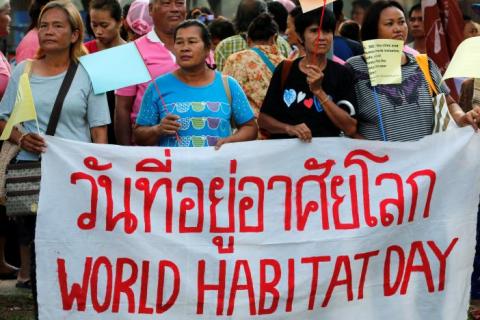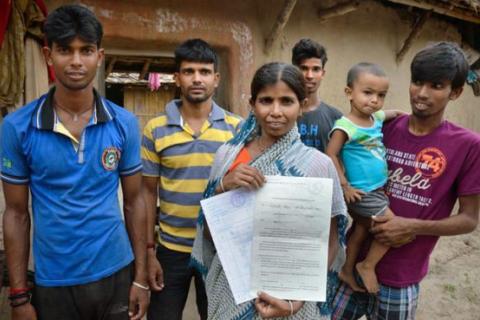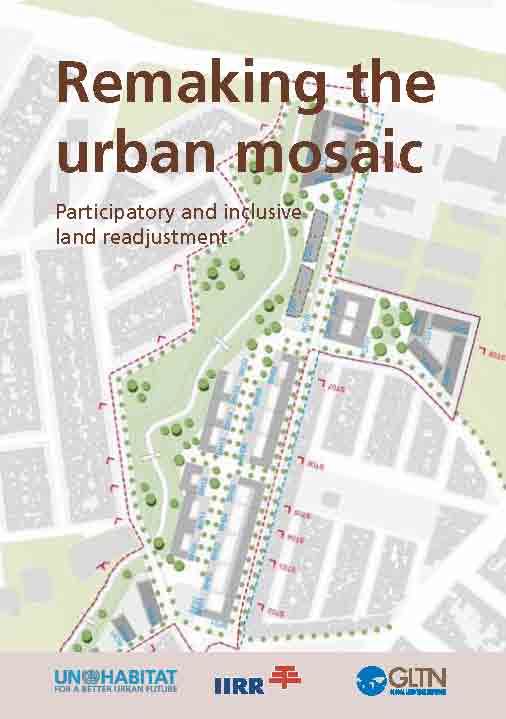Black farmers to march to Union Buildings over land reform
By: Africa News Agency
Date: October 24th 2016
Source: ENCA
RUSTENBURG - Black farmers will march to the Union Buildings in Pretoria to demonstrate their dissatisfaction over the slow pace of land reform.
African Farmers Association of South Africa (Afasa) secretary general Aggrey Mahanjana said land reform was a ticking time bomb.









